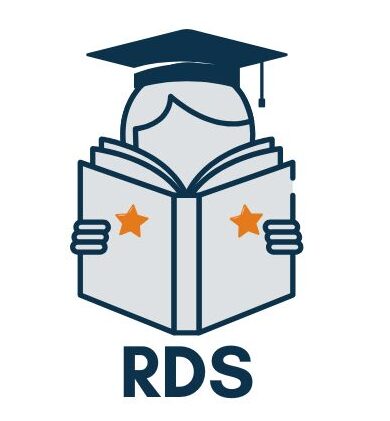Coursera
Access 300+ fully free courses, many with graded assignments from top universities, suitable for beginners to advanced learners. Flexible, self-paced durations.
Introducing Coursera: Course Options and Structure
Coursera is a massive online learning platform offering over 15,000 courses from universities and companies worldwide. Subjects span from humanities and business to computer science and health.
While Coursera initially allowed completely free access to all course materials, it later shifted to a model where most courses are free to audit. However, a select set of over 300 courses do provide full access to content and assessments, though certificates remain paid.
Course durations are flexible, most designed to be self-paced. There are beginner, intermediate, and advanced options, so you can choose what matches your background.
No strict prerequisites exist for most introductory courses, but advanced content may require relevant prior knowledge. Always check the course description for details on recommended skills.
This mix of flexibility, reputable institutions, and a variety of disciplines makes Coursera especially attractive to diverse learners.
How to Start Learning on Coursera
Getting access to a free Coursera course is a straightforward process:
1. Visit the Coursera website, create a free account if you don’t have one.
2. Use the platform’s search or Class Central’s filter for fully free courses.
3. Click on a course, enroll, and locate the “Full Course, No Certificate” option.
4. Begin studying immediately; no payment or credit card is required for these courses.
This ensures you can learn at your own pace and access high-quality instruction from leading institutions with minimal barriers.
Pros: Benefits of Coursera’s Free Courses
One clear advantage is the direct access to graded assignments in selected courses—not just video lectures. This improves learning results.
The range of subjects and reputable affiliations with top universities means quality is consistently high. The structured paths and interactive content aid motivation.
Flexibility is a real highlight. You can choose your own schedule, revisit concepts, or ramp up progress based on your needs.
Cons: Limitations to Keep in Mind
The main drawback is certificates are not free; if you’re seeking official recognition, this will cost extra. Only a small subset of Coursera’s catalog is fully free.
Additionally, some learners may find that auditing restricts engagement. In most non-free-to-learn courses, graded assignments and feedback are locked unless you pay.
Final Verdict: Is Coursera Worth It?
For self-motivated learners seeking world-class education without financial commitment, Coursera’s free courses are excellent value. The range is broad, and the material is well-structured and purposeful.
If certification or credits matter to you, be prepared to pay for official documents. However, as a resource for personal and professional growth, Coursera stands out as a leader in accessible learning.
